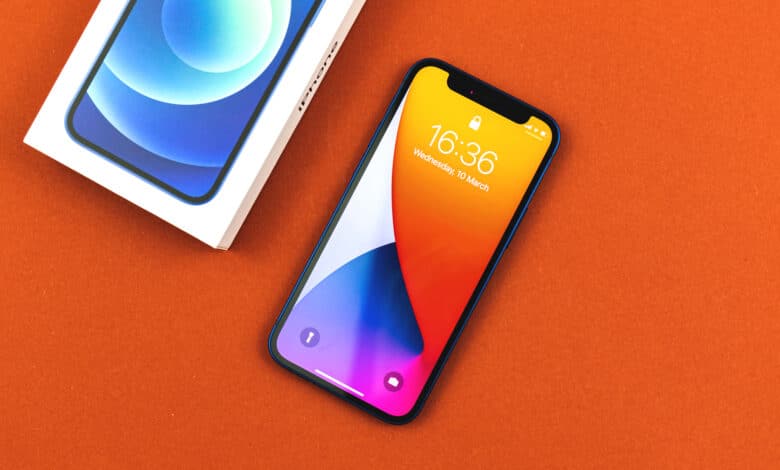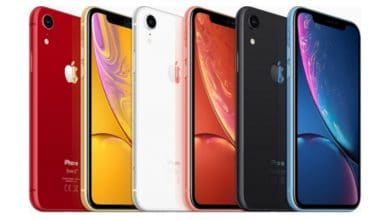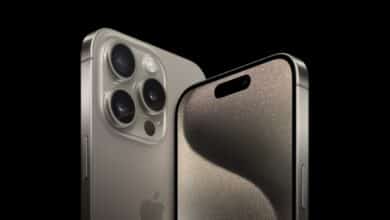
Once again, Apple has to dig deep into its bulging pockets. This time, the tech company has suffered a defeat in court in Brazil. Each affected customer must receive the equivalent of 1,000 euros from the inventor of the iPhone. Reason for the guilty verdict: Apple’s power supply policy.
Missing power supply units will be expensive for Apple
With the release of the iPhone 12, Apple made a decisive change in the scope of delivery of its smartphone. While the company previously included at least the small adapter with 5 watts of power, customers now found none at all in the packaging. Apple simply assumes that everyone has the right power adapter in their homes by now. The company from California justified this step primarily with the protection of the environment. But apart from that, Apple earns a good extra income by selling power adapters separately.
The step was not really well received by customers. But now it also has legal consequences for Apple – at least in Brazil. A court there ruled that the missing power adapter violates Brazilian law. This law stipulates that Brazilian consumers have a right to the included power adapter when they buy a smartphone. Those who do not comply with this principle are attempting to conclude a so-called tying transaction. This is when one purchase conditions another.
Tying deals prohibited in Brazil
To what extent is the iPhone 12 and newer models a tying transaction? As mentioned earlier, it is by no means the case that Apple would no longer sell power adapters. Accordingly, the court in Brazil has ruled that many customers cannot even avoid buying a separate power adapter when they bought an iPhone. This is a flawless tying transaction as defined by Brazil’s civil law. This immorality will now be expensive for Apple. After all, the company has to pay affected customers a replacement payment of 5,000 reals. That is, after all, almost 1,000 euros, which is roughly equivalent to the price of a brand-new flagship smartphone from Apple.
Not the only fine for Apple in Brazil
Surprisingly, this is not the first fine Apple has had to pay in Brazil. Already recently, the main proceedings due to the tying transactions took place. Here, the company already had to pay a fine in the millions. We are curious to see whether the verdict will have an impact on Apple’s corporate policy. It is certain that omitting the power supply units is ecologically sensible. However, it is not really in line with Apple’s other questionable actions. For example, the company still insists on its exclusive Lightning port, which prevents charging the smartphone with a conventional USB-C cable.



